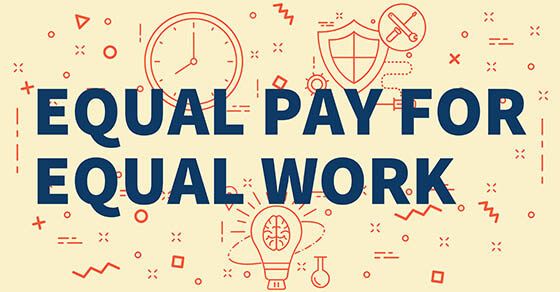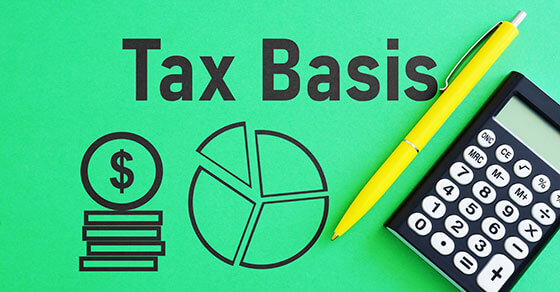Are you getting ready to retire? If so, you’ll soon experience changes in your lifestyle and income sources that may have numerous tax implications.
4 tax challenges you may encounter if you’re retiring soon


Are you getting ready to retire? If so, you’ll soon experience changes in your lifestyle and income sources that may have numerous tax implications.

Businesses today are under increased pressure to fully understand and thoroughly respond to the issue of pay equity. And neither of these two broad undertakings is particularly easy.

If you’ve successfully filed your 2022 tax return with the IRS, you may think you’re done with taxes for another year. But some questions may still crop up about the return. Here are brief answers to three questions that we’re frequently asked at this time of year.

Businesses that operate in the retail or restaurant spheres have it relatively easy when it comes to collections. They generally take payments right at a point-of-sale terminal and customers go on their merry ways. (These enterprises face many other challenges, of course.)

One popular fringe benefit is an education assistance program that allows employees to continue learning and perhaps earn a degree with financial assistance from their employers. One way to attract, retain and motivate employees is to provide education fringe benefits so that team members can improve their skills and gain additional knowledge. An employee can receive, on a tax-free basis, up to $5,250 each year from his or her employer under a “qualified educational assistance program.”

With concerns about inflation in the news for months now, most business owners are keeping a close eye on costs. Although it can be difficult to control costs related to mission-critical functions such as overhead and materials, you might find some budge room in employee benefits.

If you’re a crypto investor or user, you may have noticed something new on your tax return this year. And you may soon notice a new form reporting requirements for digital assets.

A common question for people planning their estates or inheriting property is: For tax purposes, what’s the “cost” (or “basis”) an individual gets in property that he or she inherits from another? This is an important area and is too often overlooked when families start to put their affairs in order.

As a business owner, you’ll likely need to have your company appraised at some point. An appraisal is essential in the event of a business sale, merger or acquisition. It’s also important when creating or updating a buy-sell agreement or doing estate planning. You can even use a business valuation to help kickstart or support strategic planning.

Once you file your 2022 tax return, you may wonder what personal tax papers you can throw away and how long you should retain certain records. You may have to produce those records if the IRS audits your return or seeks to assess tax.